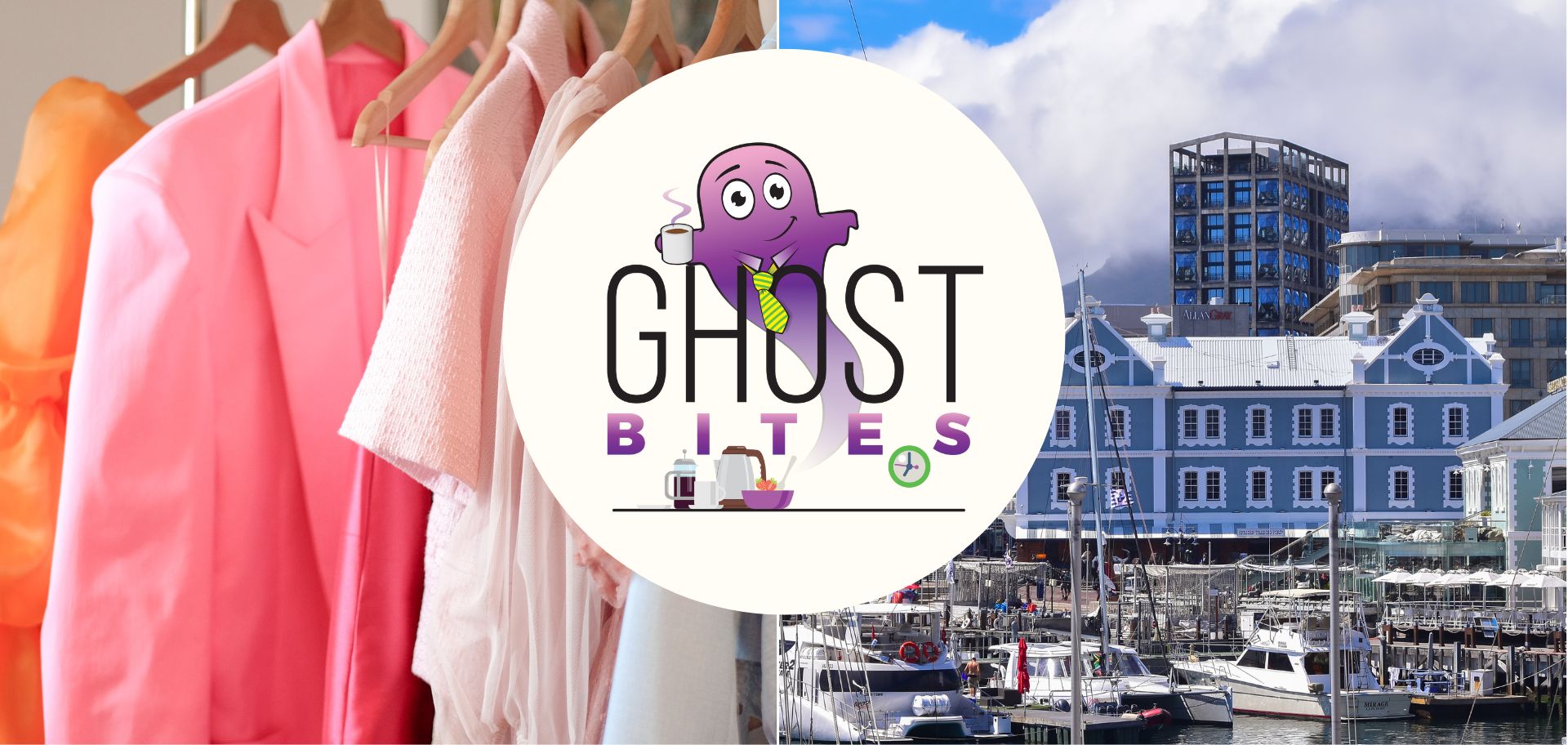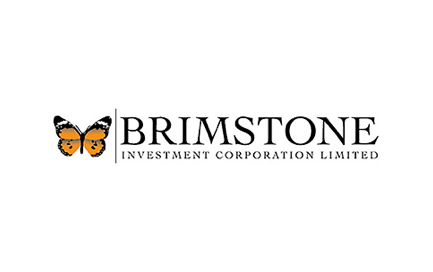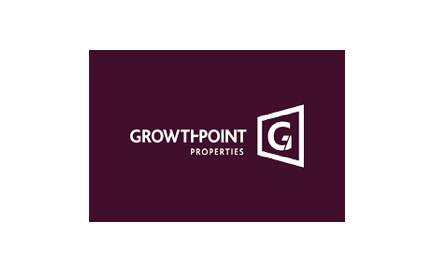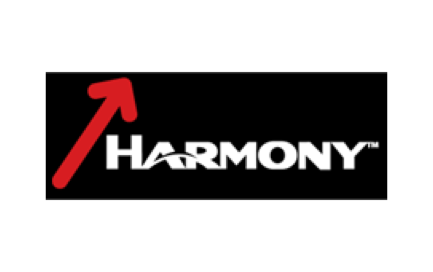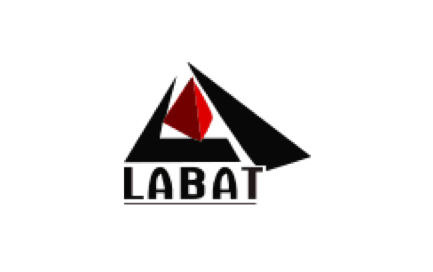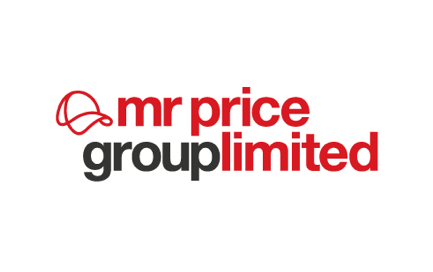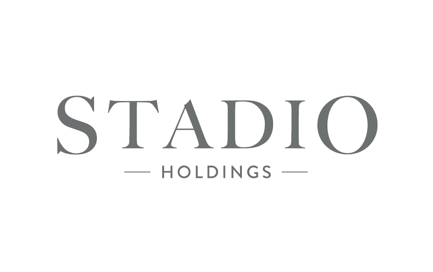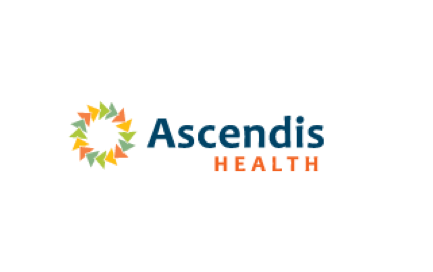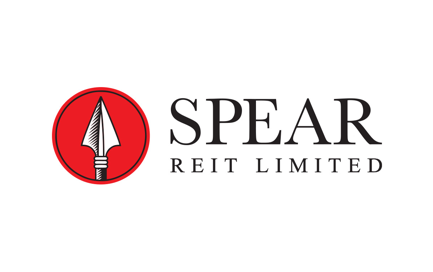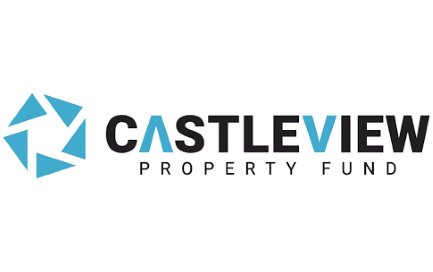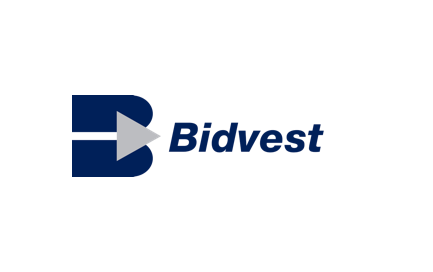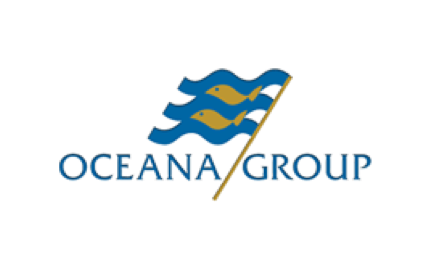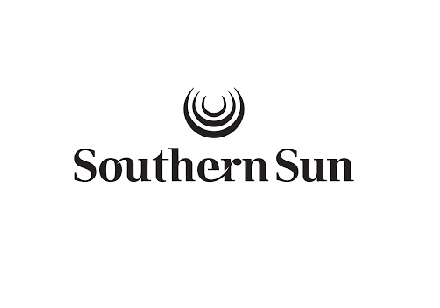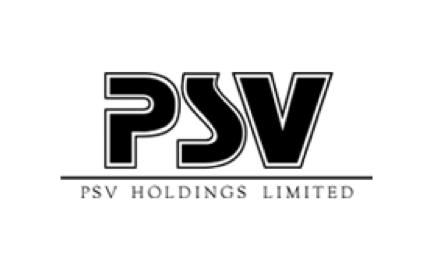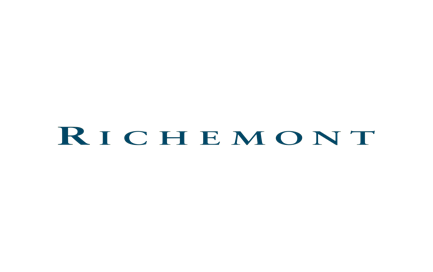A drop in NAV for Brimstone this quarter (JSE: BRT)
The full calculation for intrinsic NAV has been released
Before getting into specifics, there is a very important point above the NAV table in the Brimstone announcement. The company notes that each position is reported net of ring-fenced debt and capital gains tax (CGT). Not every fund reports net of CGT (although they should), so that’s a good thing.
Another important point is that over 73% of the Brimstone portfolio sits in Oceana and Sea Harvest. If you don’t like fish, this isn’t for you.
There are several other listed positions in the group, including Equites, Phuthuma Nathi (the MultiChoice SA B-BBEE structure), Stadio and MTN Zakhele Futhi. For these assets, the observable market price is used for the NAV calculation.
As we head into the unlisted section of the portfolio, Brimstone has to use various other valuation techniques ranging from book value to earnings multiples.
There is a significant amount of debt in the portfolio. The gross asset value of R5.3 billion carries nearly R2.2 billion worth of debt.
The fully diluted intrinsic NAV per share fell by 7.3% from December 2022 to the end of March 2023. That’s a particularly ugly outcome on an annualised basis, but this was a very rough period on the JSE for “SA Inc.” and much of the underlying exposure is in that bucket.
Interest rates are biting Growthpoint (JSE: GRT)
A particularly honest trading update gave the market a nasty surprise
To make the economics work, property funds need to operate with high levels of debt. Just think of any of your personal property investments. Debt is part of the appeal, as you can borrow up to 100% of the value of a property as an individual in an attempt to really juice your returns. Emphasis on the word “attempt”.
In the listed space, a REIT can operate at a maximum of 60% loan-to-value. Most of them aim for around 40% to leave some headroom. This means that when the cost of debt rises, a bigger chunk of rental income needs to pay the bank before going to shareholders.
When rentals come under pressure, the situation is worse. Negative rental reversions at Growthpoint improved from -16% in the interim period to -14.3% in the nine months ended March 2023. In other words, the latest quarter was quite a bit better.
Operating costs are also a problem, particularly diesel costs for generators that cannot be fully recovered from tenants. In the industrial parks, the recovery rate is 74%. The recovery rate in retail is described as “low” and in in the office sector, the recovery rate is 60%.
Looking at specific sectors, reversions in retail were -11.3% for the nine months, down from -13.1% in the interim period. The renewal success rate was only 79.1%, with cinemas in two malls deciding not to renew.
In the office sector, vacancy of 20.1% is a slight improvement from 22.4% a year ago. There’s some hope in places like Illovo, with Sandton clearly still problematic. It’s very dependent on supply and demand of course, with a Western Cape vacancy rate of 11.4% and KZN sitting at 4.2%. Negative reversions were -19.8%, or -10.8% excluding one particularly large space.
Even in industrial property, there are negative reversions (no percentage given) to retain tenants. The vacancy rate has increased from 4.3% in the interim period to 5.0% over the nine months.
The update on the crown jewel in the portfolio, the V&A Waterfront, is always interesting. International tourist arrivals are up 133% on pre-pandemic levels, which is incredible and probably greatly assisted by the weaker rand. Operating profit at this iconic property grew 23% and surpassed pre-pandemic levels by 5%. With just a 0.4% vacancy rate and strong growth in the hospitality assets as well, the V&A is easily the best property in the country.
In terms of capital allocation, there have been various sales across the portfolios and the Growthpoint “incubated” funds are growing. This includes Growthpoint Investment Partners, Growthpoint Healthcare REIT and Growthpoint Student Accommodation. Where appropriate, the in-house trading and development division is involved.
Looking beyond our borders, Growthpoint faces the same issues as other South African groups in Nigeria, with an inability to efficiently extract capital from Lango. With the recent news that the Nigerian currency will be allowed to “float” to try and address these issues, there is likely to be short-term pain and hopefully some long-term stability with this issue.
The announcement is very light on details in the international portfolio, simply pointing shareholders to the listed results of Growthpoint Properties Australia, Globalworth Real Estate Investments and Capital & Regional. With rising rates globally, Growthpoint is focused on “optimising” the portfolio and supporting capital-light funds management strategies.
Perhaps focusing on South Africa, even with all its problems, isn’t such a bad thing after all? The grass isn’t always greener.
The weighted average tenure of rand-denominated debt (if I understood the announcement correctly) has dipped from 2.7 years to 2.6 years and the weighted average interest rate is up from 8.9% in the interim period to 9.1%. If you include cross-currency interest rate swaps and foreign-denominated loans, it drops to 6.6%.
The outlook section is where the the nasty surprise was waiting for investors, sending the price down 3.8%. Although distributable income per share is expected to show year-on-year growth in FY23, Growthpoint expects it to decrease in FY24 as the interest rate cycle really starts to bite.
Harmony releases a strong pre-close update (JSE: HAR)
Underground recovered grades will be ahead of guidance
Harmony Gold’s financial year will end in June. Ahead of that, the group has released a pre-close update to give the market an update on how the company has performed vs. guidance on key operational metrics.
Thanks to a strong performance in underground recovered grades, production will be towards the upper end of the FY23 guidance of between 1,400,000 and 1,500,000 ounces. All-in sustaining costs have remained below R900,000/kg.
If you’ve been following the company closely, you’ll know that the name Harmony Gold may not be appropriate in years to come. The group is investing heavily in copper, with projects in Australia and Papua New Guinea. This is a serious copper platform that will bring diversification to Harmony.
Labat brings in the brainpower – and a politician? (JSE: LAB)
An expert advisory board has been put together
As you probably know, Labat Africa is working on a vertically integrated medical cannabis business. To be held in high regard by important customers (I can’t help myself), the company has appointed a number of scientists, academics and medical professionals to constitute an advisory board.
The company believes that this is important in cracking export markets like Germany.
This advisory board will give Labat advice and recommendations, but the company holds the final decision-making responsibility. It’s an interesting group of people, though I’m not sure why number 15 on a list that includes many PHD-types is a former Member of Parliament with the current title of “member of the ANC” and no mention of qualifications – what does that have to do with science?
Mr Price releases annual results (JSE: MRP)
HEPS fell by 6% in the year ended 1 April 2023
This is no April Fool’s joke I’m afraid, despite when this annual period ended. Mr Price saw a drop in HEPS despite the meaty acquisition of Studio 88 that played a major role in boosting group retail sales by 18%. EBITDA was only up by 5.4%, with Mr Price blaming load shedding for ruining Christmas.
Whilst we can all agree that Eskom and The Grinch are in the same WhatsApp group, we also know that Mr Price was underprepared vs. some competitors. Simply not responding timeously to external problems or being adequately prepared for them isn’t something that the management team can get away with unscathed.
I quite enjoyed the ridiculous assertion that Mr Price’s positioning as a “value retailer” made them “conservative in back-up power investment” – so it’s ok to buy cheap clothes in the dark? These poor results are fully deserved.
Poor sales drove a highly promotional environment i.e. there were too many sales to clear stock. This hits gross margin (down 150 basis points) and working capital, with elevated inventory levels (up 18.6% at period end excluding Studio 88) until the sales are effective.
Without the acquisitions, same store sales decreased by 3.4%. This didn’t stop the group from expanding its footprint by 5.7%, excluding Studio 88. Online sales were up 1.8% excluding this acquisition.
Cash sales were only up 1.2% excluding Studio 88, with credit sales up 8.3%. Mr Price remains a cash-focused retailer (87.3% of sales) and that’s difficult in this environment.
Even the Homeware segment is taking pain, down 9.9% vs. a base period that saw growth of 6.1%. Yuppiechef seems to be the standout story, which makes sense given it’s focus on higher income customers. Mr Price paid a lot of money for that acquisition, so they really need it to work out.
The group needs to really focus on its core business now. In the past two years, they allocated R5.5 billion to acquisitions, R1.7 billion to capex and R4 billion to dividends. The heavy focus on acquisitions brings in plenty of integration risk and potential for management distraction, which is perhaps why they forgot about Eskom’s troubles.
Speaking of dividends, the payout ratio has been maintained which means that the dividend has dropped in line with earnings.
Stadio updates the market on student numbers (JSE: SDO)
The proportion of distance learning students continues to increase
At the company AGM, Stadio noted 8% growth in student numbers in the first semester of 2023. Distance learning student numbers grew by 10%, so the proportion of distance learning students is up to 86% of total student numbers.
Contact learning student numbers only grew by 2%, heavily impacted by poor growth in returning students that offset the benefit of decent growth in new students. Lower intakes in the COVID years are a factor here, so the growth in new contact students of 15% is encouraging for the next few years.
Little Bites:
- Director dealings:
- Associates of two directors of Ascendis Health (JSE: ASC) have acquired shares in the company worth R964k.
- The CEO of Spear REIT (JSE: SEA) has bought shares for his family worth R88k
- Castleview (JSE: CVW) has a large market cap and almost no liquidity, as it has been used for a reverse listing of controlling shares in other local funds (Emira and Transcend) by the major shareholders. The group confirmed its NAV per share as at March 2023, coming in at 855.38 cents. The current share price is R7.10. The final dividend is 16.01 cents a share.
- Is Bidvest (JSE: BVT) getting closer to a bigger play for Adcock Ingram (JSE: AIP)? Bidvest has increased its stake to 56.13%, perhaps inspired by a genuine colds and flu season that can only be helpful for Adcock Ingram’s earnings.
- In good news for Oceana (JSE: OCE), the company announced that the FSCA has closed its investigation into whether any persons at the company published false, misleading or deceptive statements about the financial performance. The outcome of the investigation is that no contraventions were identified, so there are no enforcement steps.
- Southern Sun (JSE: SSU) has repurchased 3.3% of its outstanding shares for an average price of R4.20. That’s a bit below the current market price, but not by much. Of the general authority granted at the AGM in September 2022, there is still 13.3% of outstanding shares remaining. In other words, the company can do far more repurchases if the balance sheet allows.
- The messy business rescue process at PSV Holdings (JSE: PSV) is still underway, with many legal documents flying up and down. It sounds like there may be some progress in the next two months, reading through all the drama. I can never find the website for this company anymore, hence I haven’t linked the name.
- If you hold a meaningful stake in Richemont (JSE: CFR), you may want to speak to your broker about the highly technical withholding tax reclaim announcement that was released by the company.

